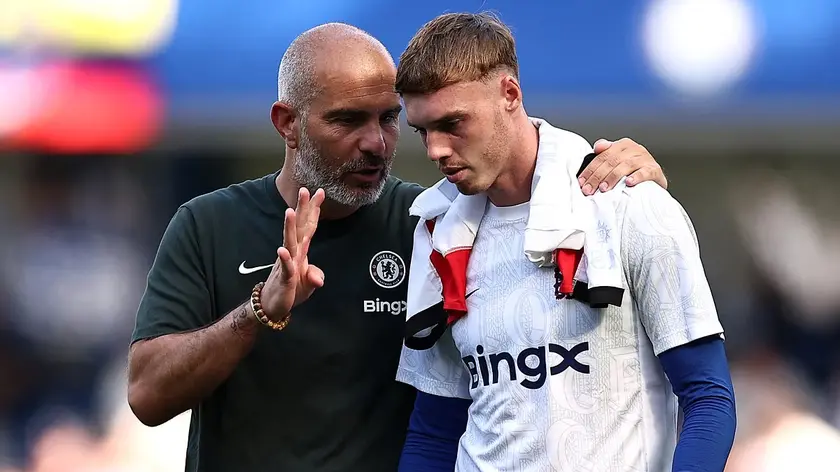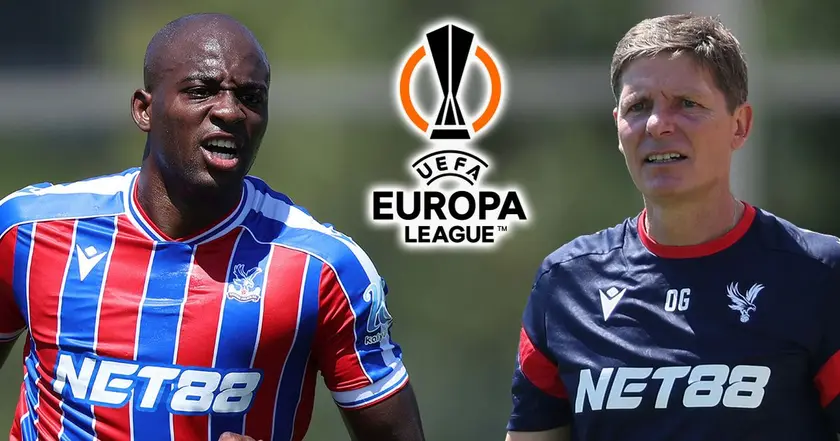T4K3.news
Chelsea risk highlighted by UEFA ownership rules
Chelsea could have been expelled from the Champions League under a little known UEFA rule if Strasbourg had finished above them

Chelsea would have faced exclusion from the Champions League if Strasbourg had finished higher, highlighting the power of ownership rules in European football.
Chelsea narrowly escaped Champions League expulsion under a little known UEFA rule
Chelsea fans are heading into the new season excited for Champions League nights at Stamford Bridge, but a little known UEFA rule looms over the club’s plans. The article argues that Chelsea could have been kicked out if Strasbourg had finished above them in Ligue 1, because the ownership structure and the timing of a blind trust arrangement triggered regulatory thresholds.
The piece notes that the final verdict on a European place involved reassessing who holds control across connected clubs, and mentions Nottingham Forest taking Crystal Palace’s Europa League spot as part of the fallout from this governance debate. It also points to Strasbourg’s ownership story as a cautionary tale for big clubs about how corporate structures intersect with on‑field success.
Chelsea’s upcoming campaign is framed around familiar stars and new faces, with pre-season signs that the squad plans to sustain a strong European run. The broader point is that regulation can reshape the path to Europe just as surely as wins and goals.
Key Takeaways
"Ownership timing decides who plays and who is left out"
Editorial takeaway about governance impact
"Rules shape the field as much as the score"
Observation on the balance of governance and sport
"A late blind trust can undo a season before kickoff"
Warning about ownership timing
"Governing rules are the quiet force behind every kickoff"
Commentary on the unseen mechanics of competition
This case shows that governing rules matter as much as sporting performance. Multi-club ownership rules exist to prevent conflicts of interest, but their detail can introduce new risks for clubs and investors. The timing of when ownership is placed in a trust can determine whether a team earns a spot in continental competition, which can alter planning for signings, budgets, and strategy.
Beyond the specifics, the episode highlights a tension in European football: how to balance ambition with safeguards that are complex and sometimes opaque. Fans may demand clearer explanations and regulators may face pressure to enforce rules consistently, especially when high-profile clubs are involved.
Highlights
- Ownership timing decides who plays and who is left out
- Rules shape the field as much as the score
- A late blind trust can undo a season before kickoff
- Governing rules are the quiet force behind every kickoff
Regulatory risk from multi-club ownership rules
The analysis shows how ownership structures and the timing of trust arrangements can trigger penalties that affect competition, potentially triggering political, financial, and investor backlash.
Governing rules will continue to shape the game as teams chase both trophies and top-tier status.
Enjoyed this? Let your friends know!
Related News

Chelsea in Champions League after governance questions

Chelsea seeks compliance through player sales

Palace loses CAS appeal stays in Conference League

Palace appeals CAS ruling on European status

Underrated FPL gems shine ahead of Gameweek 1

Crystal Palace fans protest against UEFA demotion

Holmesdale Fanatics protest Uefa demotion of Crystal Palace

Alexander Isak transfer could exceed £250 million
